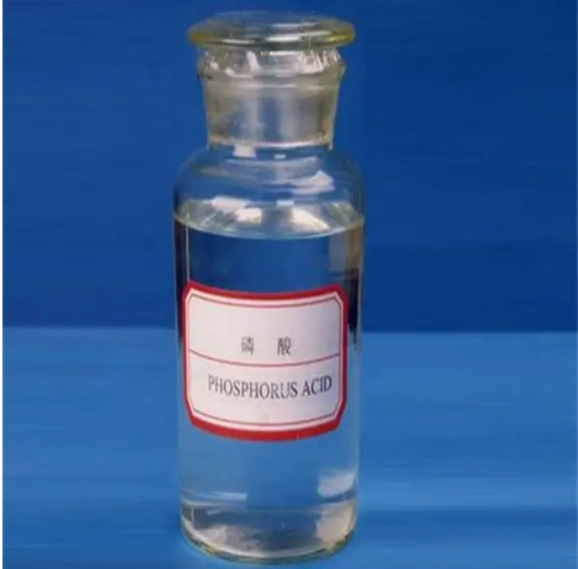What is phosphoric acid used for?
Phosphoric acid, a colorless and odorless liquid, is a versatile chemical compound with a wide range of applications across various industries. Its molecular formula, H3PO4, reflects its composition of three hydrogen atoms, one phosphorus atom, and four oxygen atoms. Let's delve into the diverse uses of phosphoric acid, ranging from the food and beverage industry to industrial processes.
1. Food and Beverage Industry:
One of the most well-known applications of phosphoric acid is in the food and beverage industry. It serves as an acidifying agent, imparting a tangy or sour taste to certain products. Cola drinks, for instance, often contain phosphoric acid, contributing to their distinctive flavor profile. Its use in the industry extends beyond taste enhancement, as it also acts as a preservative in some cases.
2. Dentistry:
In the field of dentistry, phosphoric acid plays a crucial role. It is commonly used to etch tooth surfaces before the application of dental materials. This etching process enhances the adhesion of materials like dental composites, ensuring a more durable bond. The use of phosphoric acid in dentistry exemplifies its significance in precision applications where surface preparation is critical.
3. Rust Removal and Conversion:
Phosphoric acid is an effective agent for rust removal and conversion. When applied to rusted metal surfaces, it reacts with iron oxide (rust) to form a water-soluble compound. This conversion process not only removes rust but also provides a protective layer against further corrosion. Industries involved in metal maintenance and restoration often employ phosphoric acid for its rust-removing properties.
4. Fertilizer Production:
As a vital component in the production of fertilizers, phosphoric acid contributes essential phosphorus to plants. Phosphorus is a key nutrient required for plant growth and development. Fertilizers derived from phosphoric acid play a crucial role in agriculture, enhancing soil fertility and crop yields.
5. Cleaning Agents:
Phosphoric acid's ability to dissolve mineral deposits and stains makes it a valuable ingredient in some household cleaning products. Whether it's removing hard water stains, descaling appliances, or cleaning surfaces, phosphoric acid's efficacy in tackling stubborn residues is utilized in various cleaning formulations.
6. Water Treatment:
In water treatment processes, phosphoric acid is employed to adjust pH levels. It helps neutralize alkaline water and prevent the formation of scale in pipes and equipment. The controlled use of phosphoric acid in water treatment contributes to the optimization of industrial processes and ensures the longevity of water infrastructure.
7. Industrial Processes:
Beyond its role in specific industries, phosphoric acid finds applications in diverse industrial processes. It is a key ingredient in the production of detergents, where its acidic properties aid in breaking down and removing stains. Additionally, the chemical industry utilizes phosphoric acid in the synthesis of various chemicals and pharmaceuticals, showcasing its importance in manufacturing processes.
8. Electronics Industry:
In the electronics industry, phosphoric acid serves as an etchant for semiconductors. Its ability to selectively remove material from surfaces is harnessed in the production of electronic components, contributing to the intricate processes involved in semiconductor manufacturing.
9. Laboratory Reagent:
In laboratory settings, phosphoric acid serves as a reagent for specific chemical reactions and experiments. Its controlled and predictable chemical properties make it a valuable tool for researchers and scientists conducting a wide range of studies.
In conclusion, phosphoric acid's multifaceted nature allows it to play a pivotal role in various sectors, from enhancing the taste of beverages to facilitating complex industrial processes. Its applications highlight the importance of understanding and harnessing the properties of chemical compounds for diverse and practical purposes.



